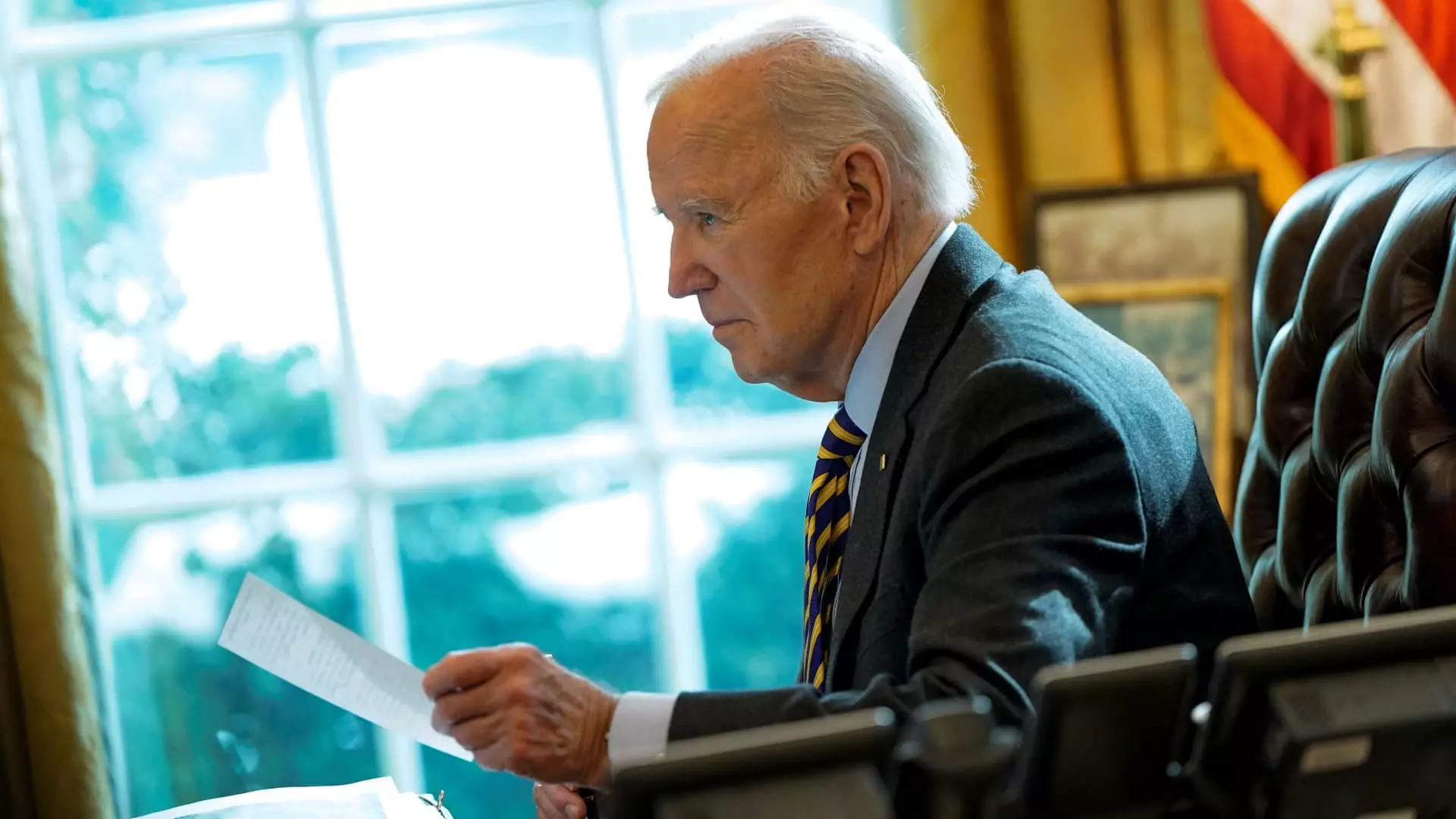The ongoing tension surrounding the proposed acquisition of U.S. Steel by Japan’s Nippon Steel exemplifies the complexities of international business relations intertwined with national security concerns. The Biden administration’s decision to delay a termination order for this significant $14.9 billion transaction until June 2025 has raised eyebrows and prompted analyses across political, economic, and social dimensions. This article delves into the implications of this transaction, the administration’s rationale for its decisions, and the reactions from both sides of the Pacific.
The backdrop of this acquisition scenario stems from dual pressures: the immediate demands of national security and the long-term health of the American steel industry. Despite Japan’s historical ties and its status as a G7 nation, the Biden administration’s initial refusal to allow Nippon Steel to take over U.S. Steel speaks volumes about the current U.S. administration’s priorities. Treasury Secretary Janet Yellen emphasized that the interagency review by the Committee on Foreign Investment in the United States (CFIUS) was thorough and highlighted possible risks associated with foreign ownership of critical industries.
The economic landscape of the U.S. steel industry has already been transformed by previous acquisitions and consolidation. Leaders in the industry have often argued that foreign purchases bring in necessary capital and technological advancements that can lead to increased competitiveness. However, every decision weighs against the backdrop of potential job losses and national security vulnerabilities, which are amplified in politically charged environments.
In light of Biden’s executive order blocking the acquisition, Nippon and U.S. Steel are initiating legal actions arguing that their constitutional rights to a fair examination were compromised. They assert that Biden’s public opposition to the deal—a stance that aligns with his administration’s protectionist rhetoric—undermined an impartial review process. This reaction highlights an unsettling trend in modern governance where political agendas intersect with judicial processes, raising questions about the integrity of regulatory frameworks.
The political calculus is also revealing. Both Biden and his eventual political rival, Donald Trump, publicly opposed the acquisition, straddling party lines in an effort to galvanize union support during the election cycle. This bipartisan aversion directs attention to the broader implications for U.S.-Japan relations—specifically in terms of foreign investment policies and labor rights advocacy.
The sentiments expressed by Japanese Foreign Minister Takeshi Iwaya following the delays further illustrate the potential diplomatic consequences. His remarks echo a concern for maintaining a stable Japan-U.S. alliance at a time when foreign investments are crucial for economic growth on both sides. Iwaya’s description of the acquisition blocking as “highly regrettable” underscores Japan’s multifaceted investment strategy in the U.S., where Japanese firms are among the largest foreign investors.
In an era marked by heightened geopolitical tensions, how nations respond to foreign direct investment will critically shape future economic partnerships. Japan’s unease is further exacerbated by the fear that restrictive policies may cultivate an environment of distrust, stifling the vital growth of cross-border investments that harmonize both economies.
The implications of the Biden administration’s handling of the U.S. Steel-Nippon Steel acquisition extend well beyond immediate economic concerns. This case is poised to test the limits of regulatory frameworks, the resilience of diplomatic relationships, and the dynamism of a global economy that hinges on cooperation. At what point do nations prioritize national interests at the cost of strategic partnerships? As both companies gear up for further legal and political battles, observers will be keenly watchful for the broader ramifications of this saga in shaping the future relationship between the United States and Japan—one that has historically thrived on mutual investment and trust but now finds itself at a critical juncture.


Leave a Reply